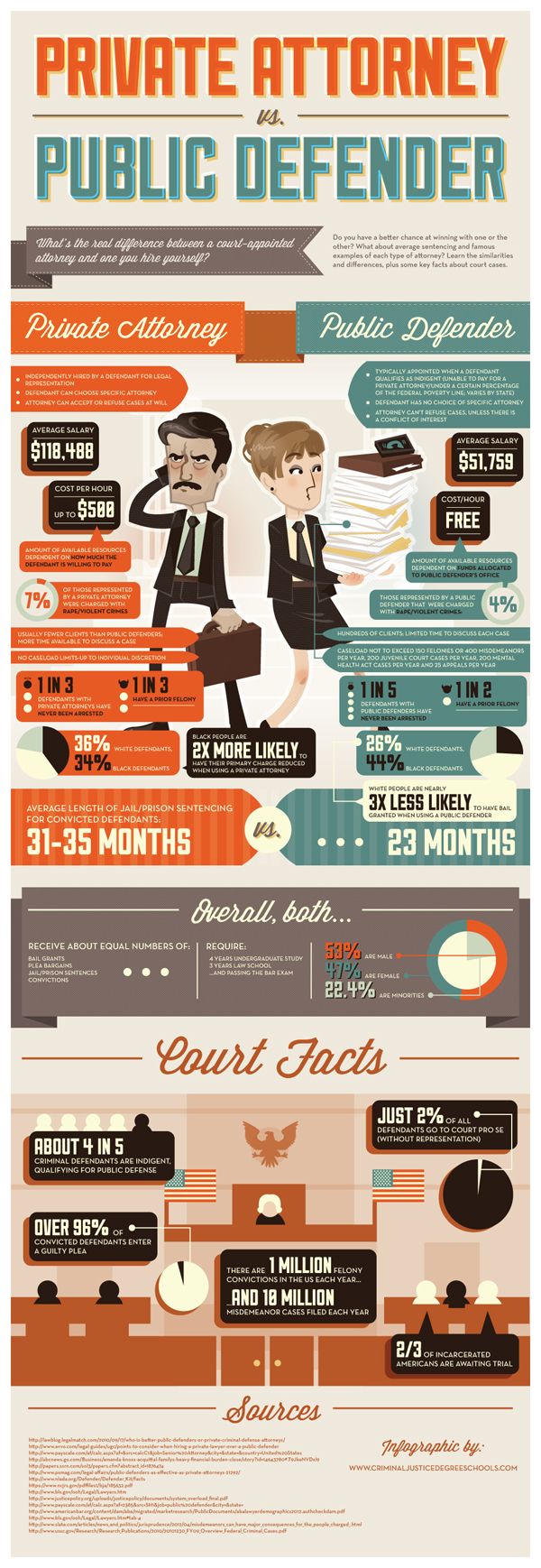Lawful Splitting Up Vs. Divorce: Which Choice Is The Majority Of Appropriate For You?
Lawful Splitting Up Vs. Divorce: Which Choice Is The Majority Of Appropriate For You?
Blog Article
Post By-Albrechtsen Adair
When you find yourself at a crossroads in your relationship, determining between lawful splitting up and divorce can really feel overwhelming. Each option has its own implications for your emotional health, finances, and household characteristics. It's crucial to evaluate these elements carefully. So, just how do you establish which path straightens best with your unique conditions and future goals? Let's discover the essential distinctions and considerations that could direct your decision.
Understanding Legal Splitting Up
When you're thinking about a change in your connection status, understanding lawful separation is essential.
Lawful separation enables you to live apart while remaining wedded, giving a structured method to attend to issues like financial resources and kid protection. It's a formal procedure, calling for a splitting up contract that describes your legal rights and duties. This arrangement can cover everything from building division to spousal assistance.
Unlike separation, lawful separation doesn't end your marriage, which suggests you can still preserve certain advantages, like medical insurance.
It's often an extra friendly choice, providing both partners time to assess their connection. If you're unsure regarding divorce, lawful separation can act as a trial duration, assisting you consider your options without making an irreversible decision.
The Divorce Process Explained
Comprehending the divorce process can feel frustrating, yet breaking it down right into workable actions can make it easier.
Initially, you'll want to submit a petition for divorce in your local court, specifying the grounds for your separation. Next off, offer your spouse with the divorce documents, enabling them to respond.
If you and your partner can agree on essential problems like possession division and kid protection, you may achieve an uncontested separation, which simplifies things substantially. If not, you might go into mediation or a court hearing to deal with disagreements.
When all problems are worked out, the court will certainly provide a final separation decree. This legitimately finishes your marital relationship, approving you the freedom to move on with your life.
Elements to Take Into Consideration When Choosing Between both
After navigating the complexities of the separation process, you could find yourself evaluating the choices in between legal separation and separation.
One essential element to consider is your psychological readiness. If you're unclear about completely ending your marital relationship, legal splitting up supplies a trial period to see if reconciliation is feasible.
Financial ramifications are also essential; lawful separation might allow you to preserve certain advantages like health insurance.
Furthermore, think of your living arrangements and exactly how they'll affect your daily life.
If children are entailed, consider their health and the security they require.
Lastly, check out https://zenwriting.net/vincenza777mable/check-out-how-a-household-law-lawyer-can-aid-you-take-on-lawful-difficulties of religious or individual beliefs that might influence your choice.
Considering https://www.law360.com/articles/1521654/the-trouble-with-gov-t-interview-notes-in-criminal-defense can assist you pick the most effective path for your circumstance.
Conclusion
Deciding in between lawful splitting up and separation can be hard, yet it ultimately comes down to your unique scenario and goals. If you need time to evaluate your connection without the finality of divorce, legal splitting up may be the best selection. Nonetheless, if you prepare to move on and accept a brand-new chapter, divorce could be the much better option. Make the effort to assess what really feels right for you and your household as you make this essential decision.
